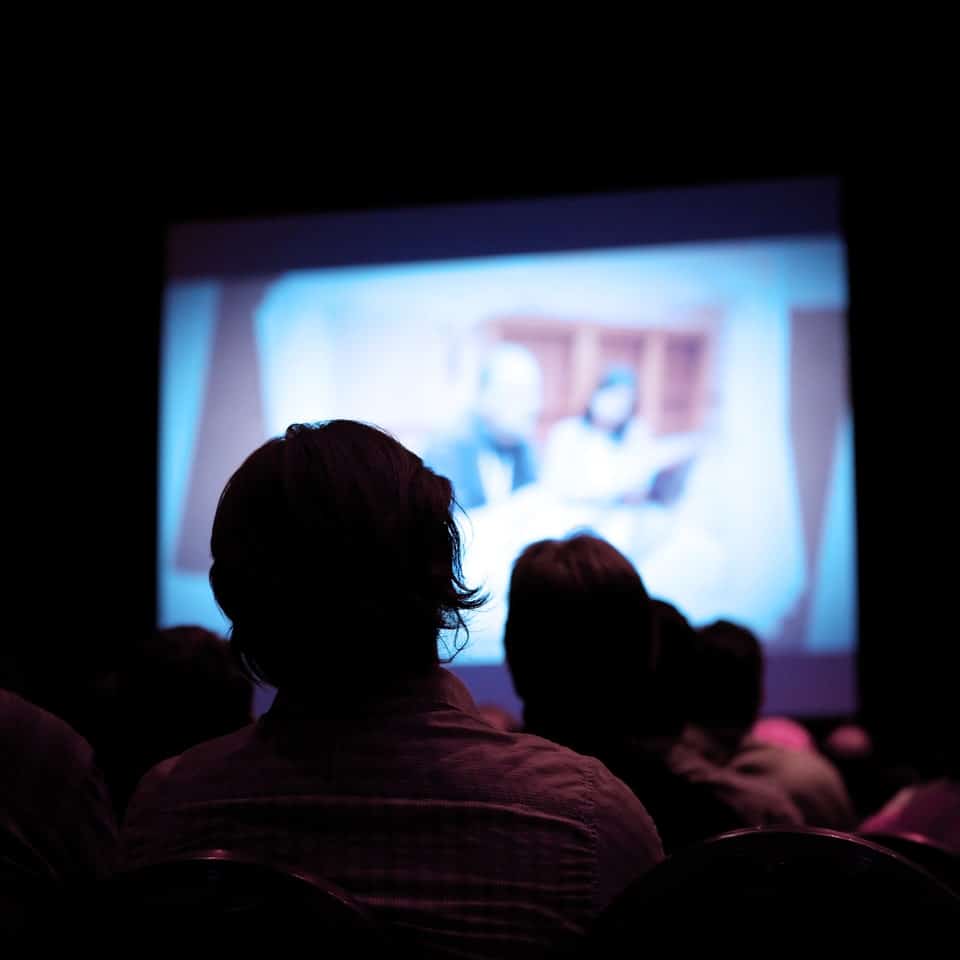The three-minute computer-generated video has drawn concern from major medical organizations.
Aftyn Behn hoped that this would be the year the Tennessee legislature was free of bills related to the anti-abortion movement. Since it is now illegal to terminate pregnancies in the state, the Democrat figured her Republican counterparts in the Tennessee House would concentrate their efforts on causes other than restricting reproductive rights.
But she was mistaken: The House on March 18 passed the “Baby Olivia Act,” which gives public schools the greenlight to screen a fetal development video produced by a controversial anti-abortion group. On Wednesday, the bill made it out of the Tennessee Senate Education committee, which has recommended that the Senate pass it as well.

“I’ve been in the trenches fighting against anti-abortion legislation and policy for a long time, and I really just thought this year that they could just let it go,” Behn said. “And it just continues to get worse. They’re just trying to find little holes where they can move forward with their anti-abortion legislation, and it happens to be in curriculum that would be adopted across the state.”
Senate passes bill requiring fetal development videos in Tennessee public schools
The bill now heads to Gov. Bill Lee’s desk.
“This cutesy shiny pink video is offensively childish. It diminishes the complexity of reproductive health. It’s insulting to women and it’s insulting to the medical profession,” said Sen. Heidi Campbell, D-Nashville. “Pregnancy is a medical condition, and it’s a serious one. To turn women’s personal health challenges into propaganda videos to indoctrinate children is offensive.”
HB 2435/SB 2767 mandates the inclusion of a 3-minute computer-generated or high definition ultrasound video depicting fetal development in family life curricula across the state beginning in the 2024-25 school year. The bill cites as an example an animation developed by an anti-abortion activist group asserting that human life begins at conception.
The “Meet Baby Olivia” video is produced by Live Action, and while the legislation doesn’t specifically require it, it touts it as an example of one that would fit the requirements. But that video has been criticized by Planned Parenthood leadership as “inaccurate and emotionally manipulative.” Tennessee Democrats, too, have questioned the video’s neutrality and medical accuracy, and called it an effort “to advance the idea that fetuses are people and that abortion care is wrong.”
“Requiring something that is designed by a political website into our own curriculum, to me, is just a step too far,” said Senate Minority Leader Raumesh Akbari, D-Memphis.
“This is using the school system to achieve a political education goal,” agreed Sen. Jeff Yarbro, D-Nashville.
Similar legislation, all specifically referencing Live Action’s Baby Olivia video, has passed or is being considered in Missouri, North Dakota, West Virginia, Kentucky, and Iowa.
Live Action has publicly defended the medical and scientific accuracy of the Baby Olivia video, citing the source of many of the assertions made in the script as coming from the Endowment for Human Development, a bioethics nonprofit. During debate, Sen. Janice Bowling, R-Tullahoma, listed several physicians who have reviewed and endorsed Live Action’s Meet Baby Olivia video – all of whom are affiliated with anti-abortion groups.
But the content of the video has not been endorsed by any neutral medical organization, such as the American College of Obstetricians and Gynecologists. Nearly all of the physicians touted on Live Action’s website who reviewed the video are also publicly affiliated with groups that advocate against abortion.
Live Action has criticized ACOG as “a highly politicized organization that, despite the disagreement of thousands of its members, advocates for abortion on demand.”
Bowling, who carried the bill on behalf of House sponsor Rep. Gino Bulso, R-Brentwood, defended the film as scientifically accurate based on calculations of development made from the moment of fertilization – not from the time of a woman’s last menstrual period.
“It does show conception – it’s an AI type of film, but it’s medically correct,” Bowling said. “It shows the moment a sperm unites with the egg and that is the beginning of life.”
Republicans voted down amendments from Sen. Charlane Oliver, D-Nashville, seeking to make viewing the video optional, instead of required, and Akbari that would have prohibited schools from showing the “Meet Baby Olivia” video to school children without explicit written parental consent.
“I think that a parent should be able to choose whether or not their child sees something that’s the equivalent of an ultrasound,” Akbari said.
Oliver said as a parent, she feels parents should have a say in the information their children are being exposed to.
“I’ve heard many members in this body talk about school choice, parent choice as the lay of the land and how it should be,” Oliver said. “It seems to be only when it fits a certain political ideology.”
Republicans also voted down an amendment sponsored by Senate Minority Caucus Chair London Lamar, D-Memphis, that would have required schools to make a disclaimer warning students that the video is “political propaganda,” and “medically inaccurate.”
A fourth amendment from Campbell that would have required schools to teach comprehensive sex education, was also voted down.
Family life curriculum is required by state law in all counties where the teen birth rate exceeds 19.5 per 1,000 females between the ages of 15 and 19. That’s 78 of the state’s 95 counties, according to the Centers for Disease Control and Prevention.
